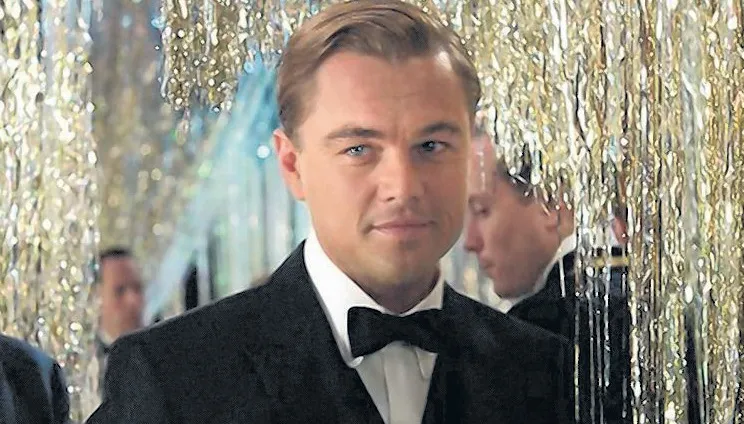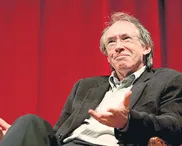‘I think my novel is about the best American novel ever written.’
So F. Scott Fitzgerald declared to editor Maxwell Perkins on finishing the manuscript of his partly-autobiographical novel, The Great Gatsby (1925). The new film adaptation by Baz Luhrmann reminds us of the brilliance of a writer who became infatuated with the soulless glamour of the Jazz Age and simultaneously sought to critique it.
‘Gatsby? What Gatsby?’
Nick Carraway is renting a house in Long Island, just across the bay from his cousin Daisy and her unfaithful husband Tom. He soon becomes fascinated by his next-door neighbour, the mysterious millionaire Jay Gatsby, known for hosting spectacularly lavish parties in his mansion. Amidst the whirlwind of drinking and dancing, Nick discovers that Gatsby and Daisy had a romantic relationship some years ago. Gatsby remains deeply in love with her and his wildly exuberant lifestyle is a desperate ploy to win her back. With Nick’s help, he hopes he can rekindle their lost romance. But, as his hidden past threatens to spoil his glitzy present, Gatsby may have to rethink his idealistic dreams for the future.







